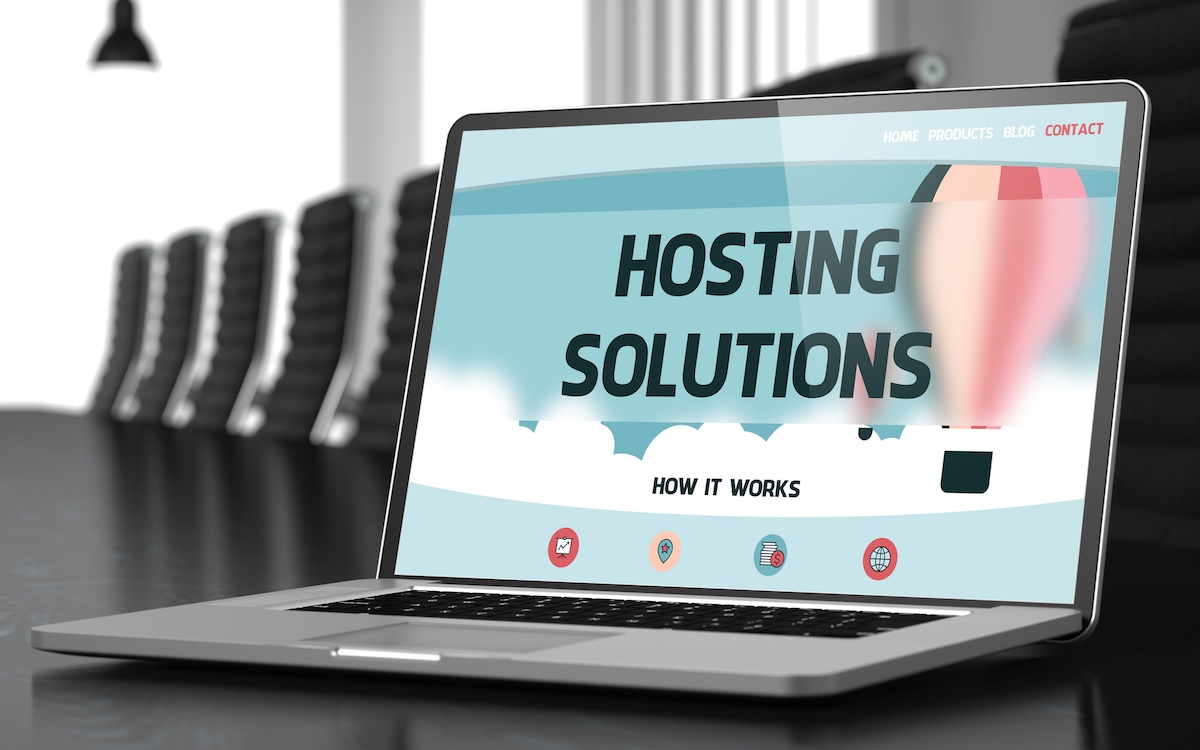
Cloud computing has made hosting business-critical applications easier and less expensive. Application hosting makes deploying the resources you need easier and faster—without the overhead of additional hardware, software, and personnel. Once you decide to host your business applications, the question becomes, what criteria do you need to consider when looking for an application hosting provider?
Before you start shopping, you need to understand the business and technical criteria for the application you want to host. You need to consider processing power, data storage, user access, software licensing, bandwidth, and other factors. You also need to make decisions about what programming language you want to use to create the hosted application.
Shared or Dedicated Application Hosting?
One of the first considerations should be whether you need a shared or a dedicated hosting environment. With shared hosting, you are using the same physical servers and resources as other applications. There are limitations in terms of the amount of data storage, number of users, and so on, but because it is a shared service, it can be a cost-effective way to launch your hosted application—which can be an advantage for small to mid-sized organizations.
Dedicated web hosting, as the name implies, offers dedicated resources where your organization controls the server, data storage, and all associated computing components. Dedicated hosting is ideal for larger organizations on a growth trajectory that requires extensible hosting services. Organizations that are especially security conscious, such as financial institutions and healthcare organizations, prefer dedicated hosting because it offers closer control of security. It’s also the best suited for applications that [require/involve] streaming, high-resolution images, and other bandwidth-intensive services.
Ask About Security
Data security is always a primary concern. By definition, hosted applications reside in the cloud, which means there is remote access to applications and data. It’s harder to build a defensive wall around someone else’s system, so here are key security questions you need to ask your hosting provider:
- What type of data encryption does the provider use? At minimum, you should expect 128-bit data encryption. That’s the same level of data encryption used by major financial institutions.
- How do they handle data backups? Ideally, your hosting provider should back up all data as it is stored on the system. This would require live mirroring which prevents downtime. Depending on your application, immediate data recovery may or may not be critical to your business.
- What about disaster recovery? In the event of a disaster, how quickly can you get back online? Data should be stored off-site and in a different region, so if there is a disaster like a flood or earthquake, your data is safe.
How Much Technical Support?
Personnel is the biggest overhead cost for most organizations. Using an application hosting provider means you get the technical experts along with the service.
When looking for a hosting service, ask if they offer the amount of service you’ll need and if around-the-clock support is available for a reasonable fee. Be sure the service expertise meets your needs and someone is at the help desk when you call.
It’s also a good idea to make sure that technical support is located in the United States. More providers are outsourcing their technical support to cut costs, and if you have to deal with tech support overseas, it could hinder problem resolution.
Understand Performance Limitations
Every application hosting service has resource limitations. At the very least, be sure the service you choose has the bandwidth and performance to guarantee availability and uptime to users.
In addition to availability, there should be metrics in place to ensure systems are running at optimal performance. For example, are you getting the system bandwidth guaranteed in your contract?
Service-level agreements (SLAs) are an excellent tool to ensure you get the performance you pay for. If the provider fails to deliver according to the SLA, there are financial penalties.
Your Best Option for Ruby on Rails Hosting
Many of today’s business web applications are developed using Ruby on Rails, so the application hosting environment may need to meet some additional requirements. For example, you want to make sure your hosting environment supports updated versions of Ruby on Rails. You also want to verify that you have a stable environment that can support agile development and code testing, and you want to make sure that the hosting environment can readily scale with your needs without breaking the bank.
When shopping for an application hosting provider for your Ruby on Rails application, remember that your criteria vary depending on the application. At the very least, be sure of the terms for uptime, support, and extensibility, and be sure that you are contracting with a Ruby-friendly service provider.